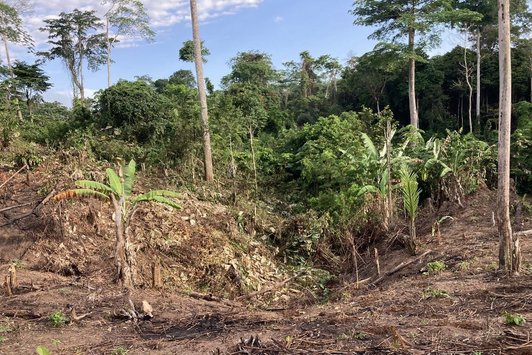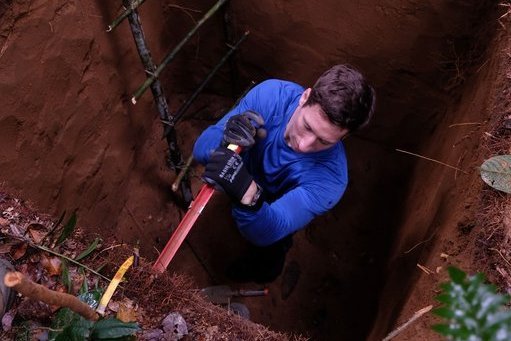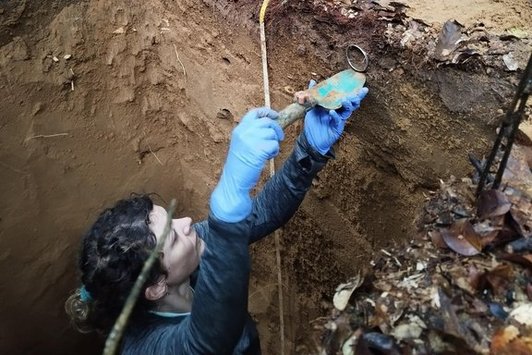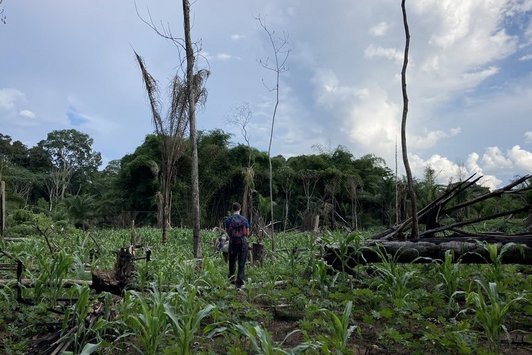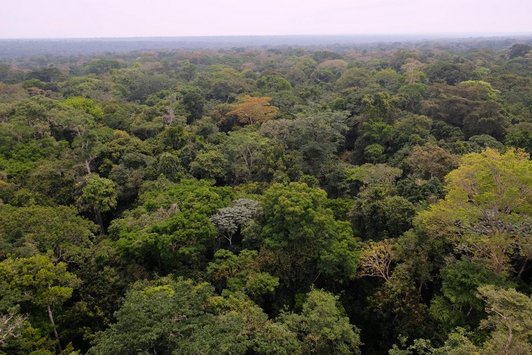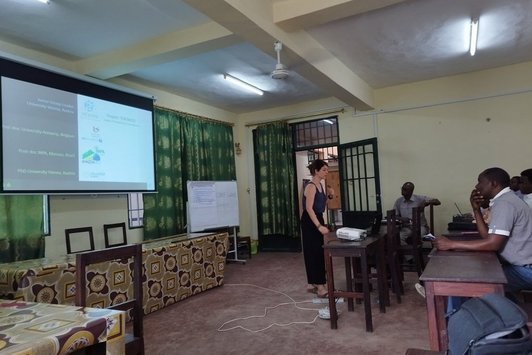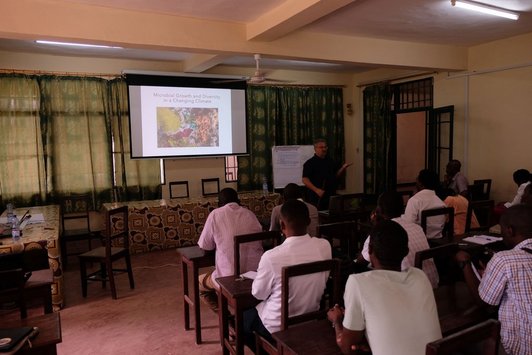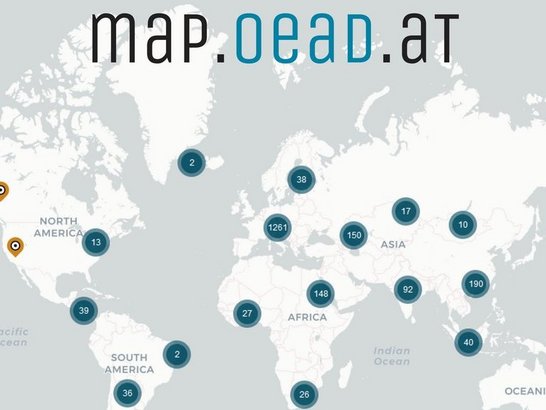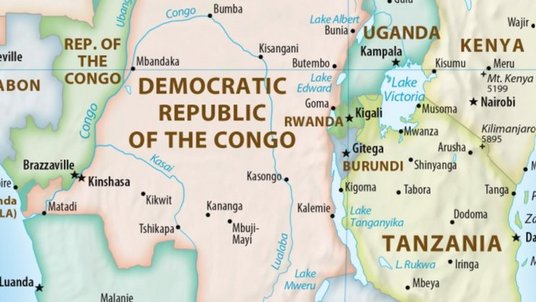
Project completed: P064_DR Congo
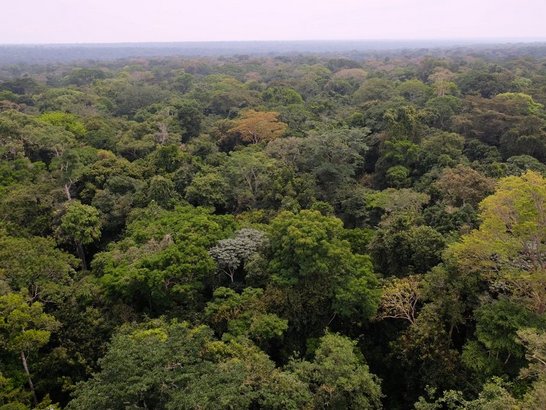
The importance of soil communities in regrowing deforested Congo
Cooperating countries: DR Congo and Austria
Coordinating institution: University of Vienna, Professor Dr. Andreas Richter, andreas.richter@univie.ac.at
Partner institution: Université Catholique de Bukavu
Project duration: 1 December 2022 - 30 November 2024
Budget: EUR 20.000
Abstract:
Tropical rainforests hold a key role in the global carbon and water cycle, and thus in climate regulation. An important component of any climate change mitigation strategy is to keep up this natural carbon sink in the future. However, forest degradation and deforestation of tropical rainforests are at an all-time high, and the most endangered rainforests worldwide are those in Africa, where human population is expected to double by 2050. Whether or not natural mitigation strategies will be available in the future depends on whether tropical forests can be protected and if degraded forests can be re-grown.
In this project we address the overall questions (i) if forest re-growth in deforested DR Congo can replenish soil organic matter pools and sustain forest biomass and what role the nutrient provisioning by the soil communities plays in this. Forest productivity and carbon stocks are strongly dependent on nutrient availability, and soil microbes and soil fauna hold a key role in nutrient cycling and provisioning. Yet, we know little about how belowground communities are responding to aboveground changes in the tropics via their composition and function.
We will explore the impact of changes in soil fauna and microbial community composition for forest regrowth in a series of existing secondary forest sites of different successional status, linked to the Eddy Flux Tower in the primary forest of Yangambi. Our work is strongly linked to the United Nations Sustainable Development Goals 13 and 15 and the results will extend our understanding of tropical rainforests in a changing world including often-neglected belowground dynamics.
Summary:
Tropical rainforests hold a key role in the global carbon and water cycle, and thus in climate regulation. An important component of any climate change mitigation strategy is to keep up this natural carbon sink in the future. However, forest degradation and deforestation of tropical rainforests are at an all-time high, and the most endangered rainforests worldwide are those in Africa, where human population is expected to double by 2050. Whether or not natural mitigation strategies will be available in the future depends on whether tropical forests can be protected and if degraded forests can be re-grown. Forest productivity and carbon stocks are strongly dependent on nutrient availability, and soil microbes and soil fauna hold a key role in nutrient cycling and provisioning. Yet, we know little about how the composition and function of belowground communities are responding to aboveground changes in the tropics.
In this project we addressed the overall question, to which soil depth and how long agricultural slash-and-burn management in the DR Congo affects the recovery of soil organic matter pools, soil microbial community composition, carbon cycling, and nutrient dynamics to understand if soil dynamics potentially feedback on secondary forest regrowth (succession) compared to old-growth (primary) forests. We explored the impact of changes in microbial community composition and activity in an existing secondary forest transect after slash and burn land-use change near the town of Yoko and in a primary rainforest in Yangambi (linked to an Eddy Flux Tower) in the Tshopo province, DR Congo. Our preliminary results thus suggest overall that (i) pH and base cations (mineral nutrients) are depleted in previously slash and burn affected sites compared to old growth forests even after more than 60 years of re-growth, while (ii) soil carbon concentrations and stocks are less affected and are not significantly different between the different land uses, in contrast to what we predicted. We also found that also in deep soils microorganisms and possibly soil fauna are active and further transform organic material and this deep soil in the tropics can be susceptible to further changes in land use or climate.
